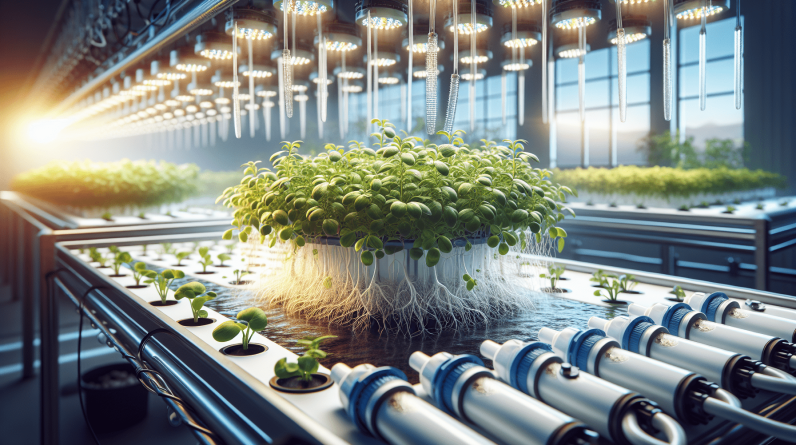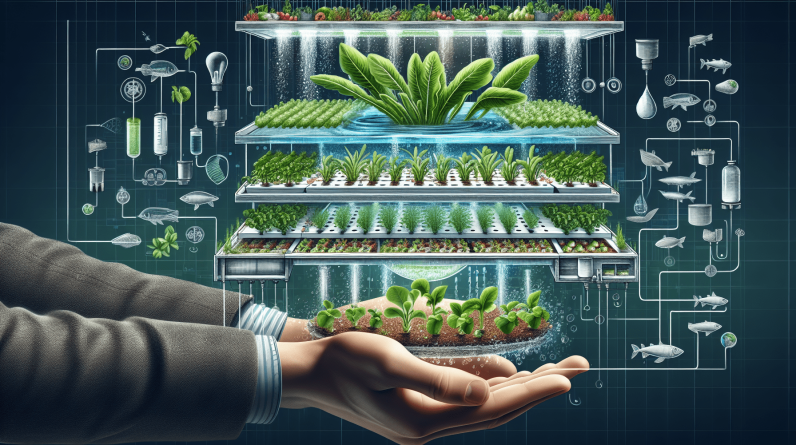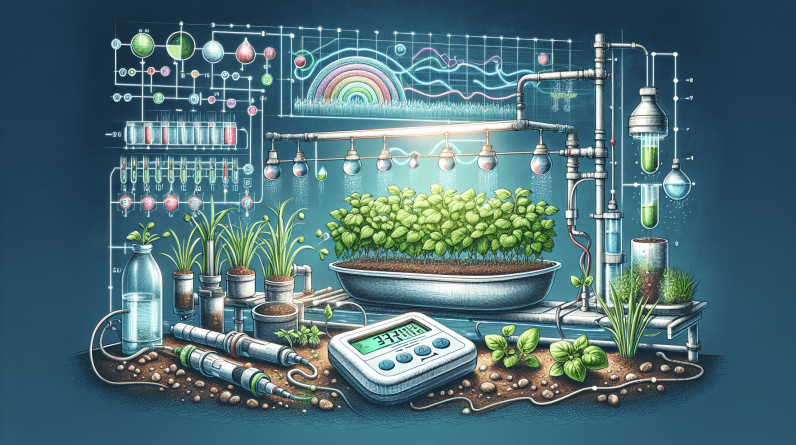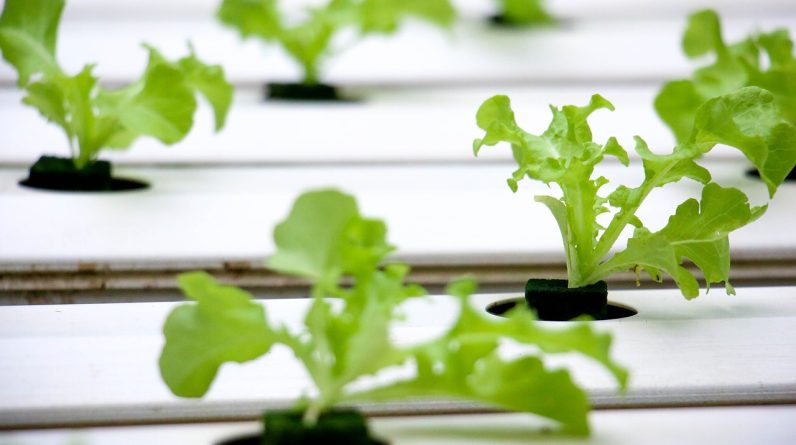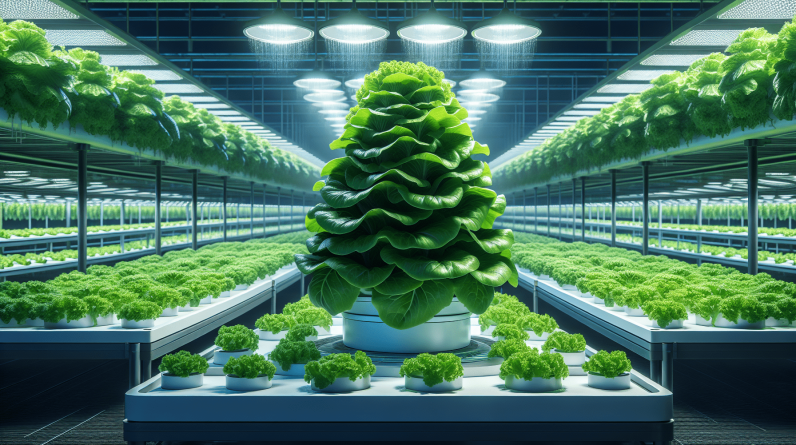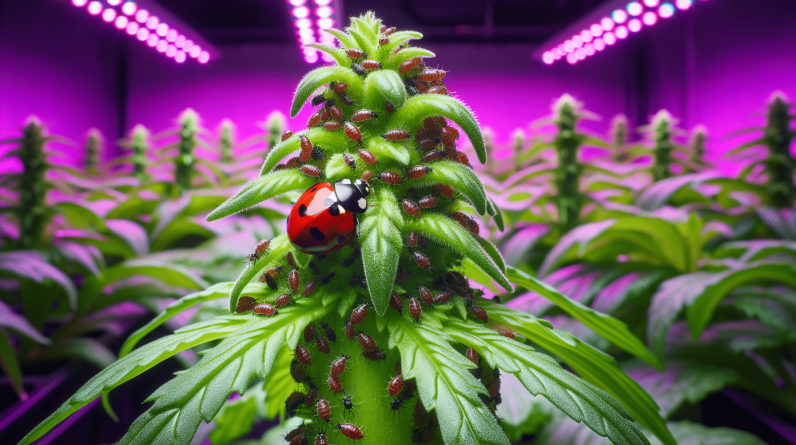
Managing Pests in Hydroponic Gardening
Are you experiencing pest problems in your hydroponic garden? Not to worry – this article will guide you through different methods to prevent and manage pests effectively in your hydroponic system. Hydroponic gardening offers various benefits, but like any other method of cultivation, it can face challenges with pests. By implementing proper pest management strategies, you can ensure the health and productivity of your hydroponic plants.
Understanding Common Pests in Hydroponic Systems
Pests can disrupt the growth of your plants and reduce the yield in your hydroponic garden. Common pests in hydroponic systems include aphids, spider mites, whiteflies, thrips, and fungus gnats. These pests can quickly multiply and damage your crops if not addressed promptly. By recognizing the signs of pest infestations early, you can take action to prevent further damage.
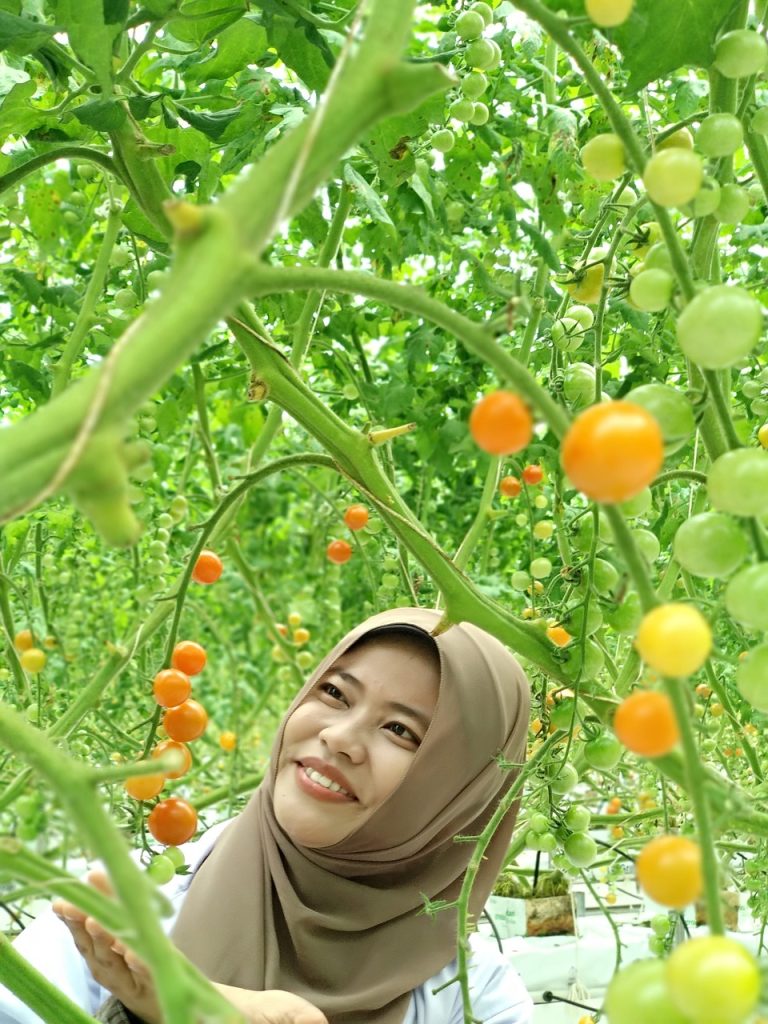
Signs of Pest Infestations in Hydroponic Systems
It is essential to identify the signs of pest infestations to address the issue before it escalates. Look out for yellowing or curling leaves, sticky residue on plant surfaces, holes in leaves, webbing on plants, and tiny flying insects around your hydroponic system. Monitoring your plants regularly will help you detect pests early and take appropriate measures to control them.
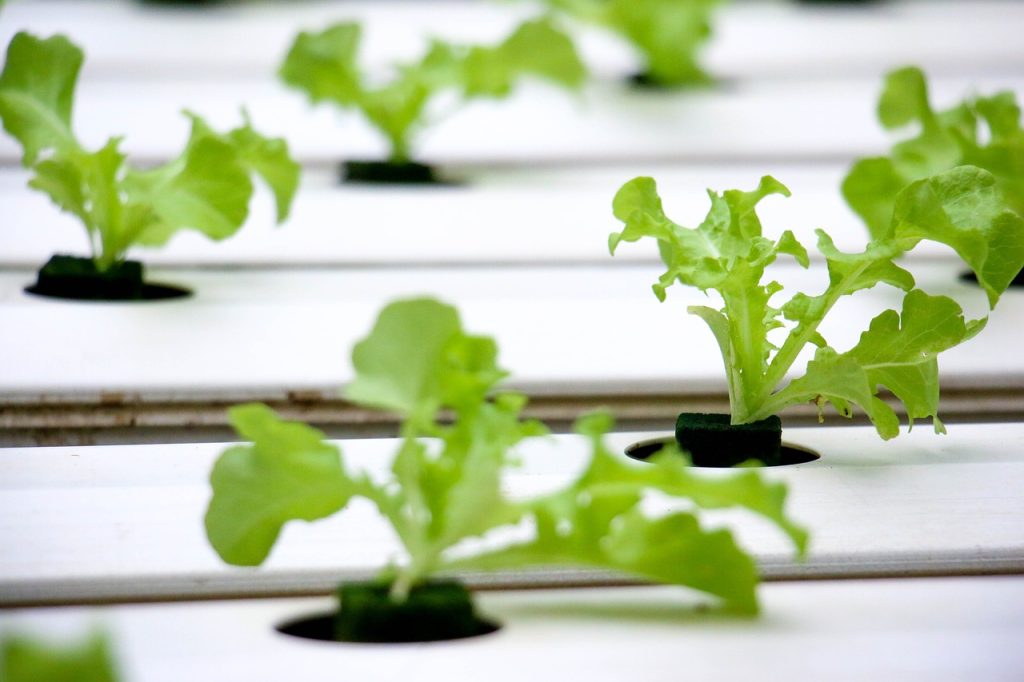
Prevention Methods for Pest Management in Hydroponic Systems
Prevention is key to managing pests effectively in hydroponic gardening. Implementing preventive measures can help minimize the risk of pest infestations and maintain the health of your plants. Here are some methods to prevent pests in hydroponic systems:
1. Maintain Proper Hygiene in Your Hydroponic System
Keeping your hydroponic system clean and free of debris can prevent pests from finding hiding spots and breeding grounds. Regularly clean your reservoir, trays, and grow media to remove any organic matter that pests can feed on. This simple step can significantly reduce the chances of pest infestations in your hydroponic garden.
2. Inspect New Plants Before Introducing Them to Your Hydroponic System
Before adding new plants to your hydroponic setup, inspect them thoroughly for signs of pests. Quarantine new plants for a few days to monitor them for any unusual symptoms or pest activity. Introducing infested plants into your hydroponic system can lead to widespread pest infestations and damage to your crops.
3. Monitor Environmental Conditions in Your Hydroponic Garden
Maintaining optimal environmental conditions, such as temperature, humidity, and airflow, can deter pests from thriving in your hydroponic system. Pests often prefer specific conditions to reproduce and spread, so adjusting these factors can create a less hospitable environment for them. Regularly check and adjust environmental parameters to keep pests at bay.
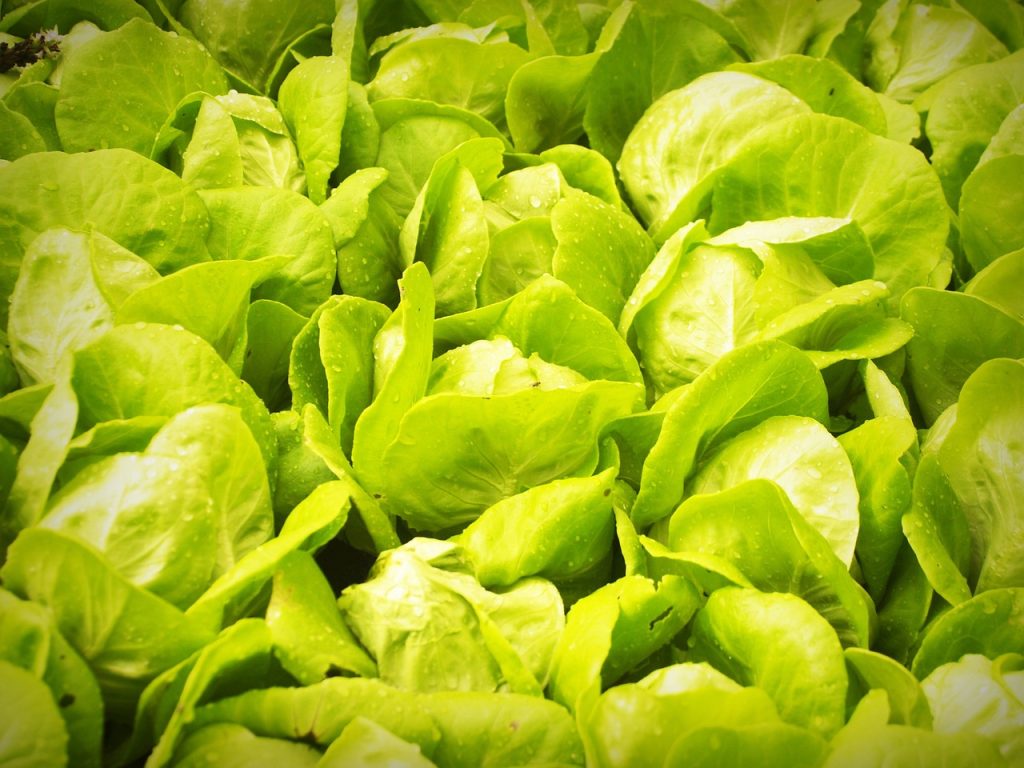
Control Methods for Managing Pests in Hydroponic Systems
In addition to preventive measures, implementing control methods is essential to manage existing pest infestations in your hydroponic garden. Various techniques can help you control pests effectively without harming your plants or the environment. Here are some control methods for managing pests in hydroponic systems:
1. Biological Pest Control
Biological pest control involves using natural predators or pathogens to control pest populations in your hydroponic garden. Beneficial insects such as ladybugs, lacewings, and predatory mites can help eliminate pests like aphids and mites without the need for chemical pesticides. Introducing these beneficial organisms into your hydroponic system can establish a natural balance and suppress pest infestations.
2. Mechanical Pest Control
Mechanical pest control methods involve physically removing pests from your hydroponic plants. Techniques like handpicking pests, using sticky traps, and applying physical barriers can help reduce pest populations without the use of harmful chemicals. Regular inspection and manual removal of pests can prevent them from causing further damage to your crops.
3. Neem Oil Treatment
Neem oil is a natural insecticide derived from the neem tree that can effectively control pests in hydroponic systems. Neem oil disrupts the life cycle of pests and acts as a repellent, preventing them from feeding on your plants. Dilute neem oil in water and apply it to your plants to deter pests like aphids, spider mites, and whiteflies. Regular application of neem oil can help manage pest infestations in your hydroponic garden.
4. Insecticidal Soaps
Insecticidal soaps are another natural pest control remedy that can be used in hydroponic gardening. These soaps contain fatty acids that break down the outer shells of insects, causing them to dehydrate and die. Insecticidal soaps are safe to use on most plants and can effectively control pests like aphids, whiteflies, and thrips. Apply the soap solution to your plants to eliminate pests while minimizing the impact on beneficial organisms.
5. Integrated Pest Management (IPM) Strategies
Integrated Pest Management (IPM) combines multiple pest control methods to manage pests effectively in hydroponic systems. By incorporating preventive measures, biological controls, cultural practices, and selective pesticide applications, IPM aims to maintain pest populations at tolerable levels without causing harm to the environment. Implementing an IPM strategy in your hydroponic garden can help control pests sustainably and protect the health of your plants.
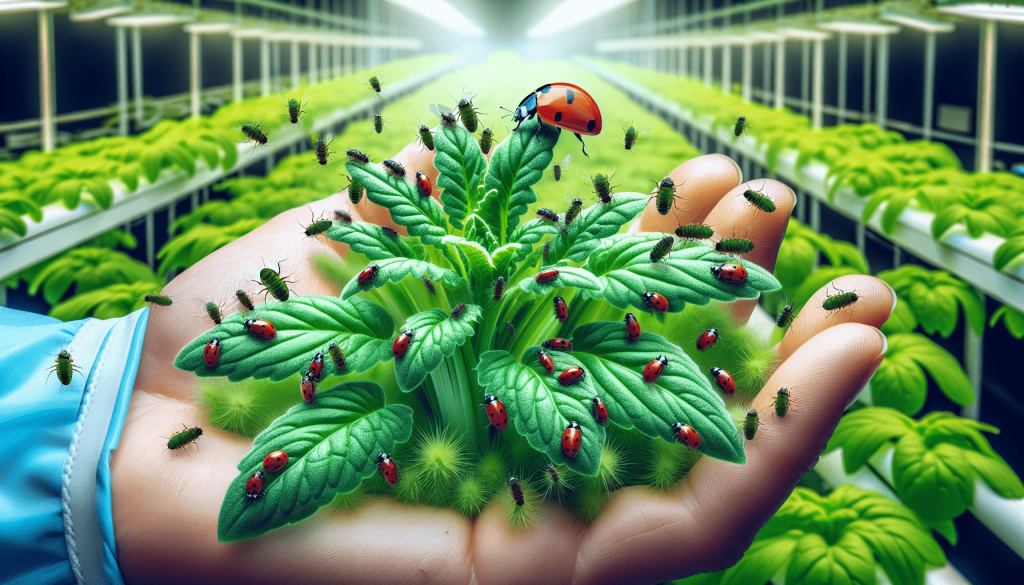
Conclusion
Managing pests in hydroponic gardening requires a proactive approach to prevent infestations and protect your plants from damage. By understanding common pests, recognizing signs of infestations, implementing preventive measures, and using control methods, you can effectively manage pests in your hydroponic system. Remember to monitor your plants regularly, maintain proper hygiene, and adjust environmental conditions to create a pest-resistant environment for healthy growth. With the right strategies in place, you can enjoy a productive and pest-free hydroponic garden all year round.





